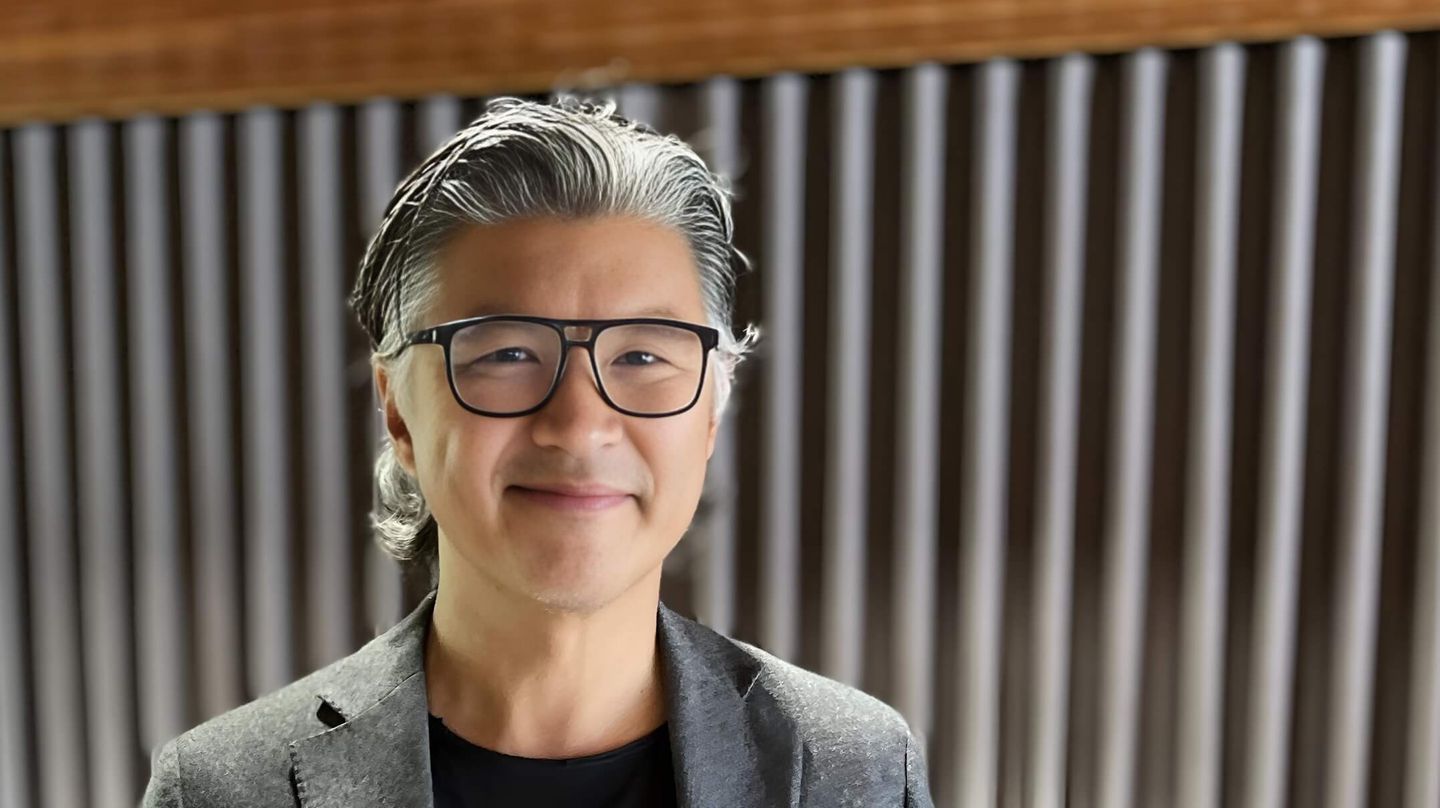
Interview with Fredrik Löfgren, Head of Operations, Marketing & Competence at Ågrenska
I've been working at Ågrenska since April this year. My work can be divided into three main areas: fundraising, communication, and knowledge transfer. Before coming here, I worked as a claims manager at Länsförsäkringar. I have a long background in insurance, including roles at Skandia and Länsförsäkringar. But I've also worked as a regional manager at BRIS.
When I heard that Ågrenska was looking for a new head of operations, the choice was easy. Getting such a clear opportunity to work with issues that create great value for others feels incredibly valuable and important to take on. I'm really passionate about children's rights, social responsibility, and sustainability issues, so it feels like a privilege to get to work with that so directly again.
Changing industries was a big step, but you rarely regret the choices you make—it's rather when you don't make them that you regret it, right?
I'm adopted from South Korea myself and had a fantastic upbringing in Småland, something I'm very grateful for. Already during my studies, I felt that I wanted to "give back" and help others. So before I was employed at BRIS, I worked on their helpline supporting children and young people who called in. What strikes me now when we talk about this is that more of those children were probably the siblings and children we meet here at Ågrenska.
Ågrenska is located on little Amundön outside Gothenburg and is a national knowledge center for people with disabilities and rare health conditions and their families.
Ågrenska started as a convalescent home for children with TB, donated by wholesaler Axel Ågren and his wife Louise in the early 1900s. During the 1980s, the operations developed into the Ågrenska it is today. Where we provide family stays, sibling camps, short-term housing, personal assistance, family support, and education and information initiatives. Mostly funded by municipalities, regions, and authorities. But also through fundraising and support from the public.
There are between 7,000 and 8,000 rare diagnoses, many unknown to most people, but together they affect around 500,000 people in Sweden who have extensive needs and rare diagnoses. For a health condition or diagnosis to be rare, we're talking about 5 people out of 10,000. Ågrenska works in close collaboration with, for example, the National Board of Health and Welfare to keep knowledge updated in registers of rare health conditions.
What I think is best about Ågrenska is all the fantastic meetings and the community here on Little Amundön. Every week, families come to our diagnosis-specific stays.
Many families have felt alone in their situation, and here they meet others in the same situation they can share it with.
A 13-year-old girl said during a sibling camp when we talked about what they longed for—"What I long for most is just to be able to go downtown on a Saturday and shop for clothes with mom. To have time!" I think that says a lot about the needs that exist. They simply lack the most basic things that many of us can take for granted. That siblings can come to little Amundön and meet others is entirely dependent on our fundraising.
I wasn't involved in starting the collaboration, but I'll say this: I'm responsible for the collaboration now, and what's decisive for me today is the technical solution, but also the people behind it. What I value about you at Octany is that there's a genuine feeling of wanting to do good things and a set of values that matched ours. Then the collaboration becomes much better.
Here at Ågrenska, we're very good at meeting children and families, but we're worse at telling people that we're a fundraising organization. So we needed to strengthen our fundraising capability technically. That's partly why I came into the picture—so we could get better at fundraising and communication with the right technology in place and skilled partners.
Octany is a good solution for us. I'm even a bit interested in talking more sometime about some additional fundraising opportunities you have that I think could suit us going forward.
Octany makes running our fundraising simple. I don't need to be an IT expert—everything is easy to understand and manage. I also experience very few problems. The platform is reliable and works well. For me, who doesn't want to drown in systems, it's crucial that it doesn't become too complex.
Yes, what would I like to be able to look back on in 5-10 years? Maybe that we and you together have improved the living conditions for these families. That's something I feel very strongly about. Imagine if through our work we've strengthened the children, their siblings, fathers and mothers so they can have it better in their everyday lives. That would be fantastic. And in a society where issues like tolerance and compassion are the most central. Wow